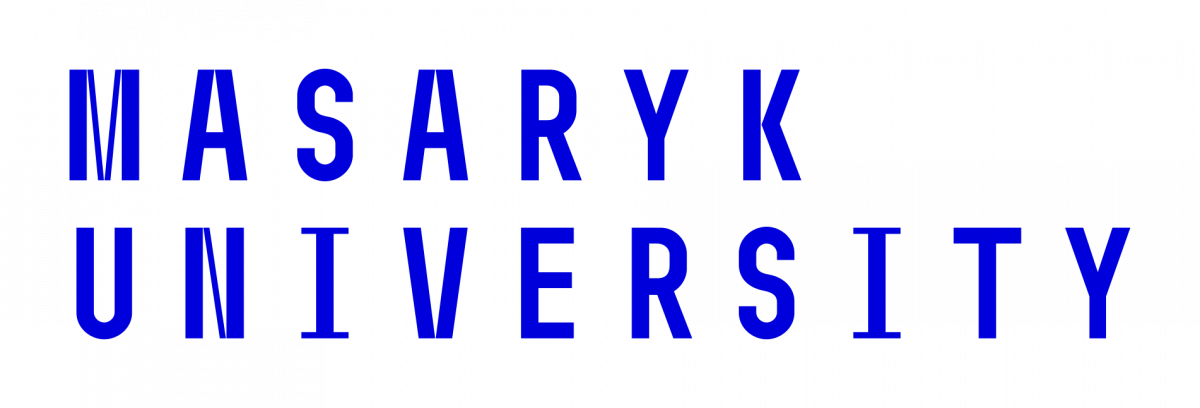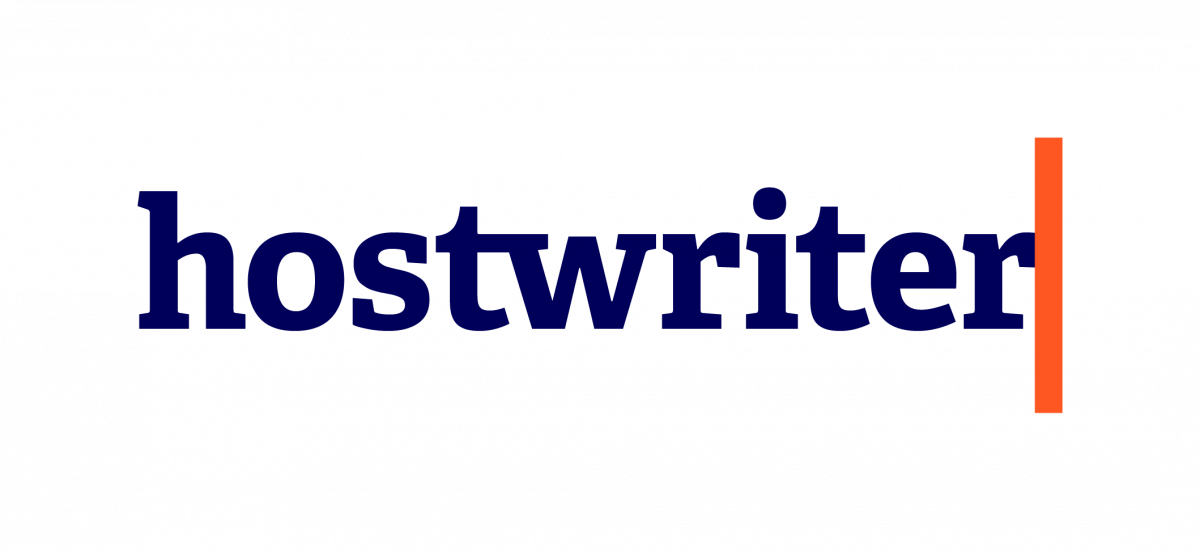Whistle-blowers are among the most powerful sources that journalists can rely on for reporting on a story or launching investigations. The term ”whistleblowing” - to blow in the whistle - is a figure of speech that depicts someone who, while doing their job from within an organization of any kind, witnesses illicit, immoral or illegal acts and decides to denounce what they know to people capable of causing a response action. Whereas most of whistleblowing happens within the same organizations affected by the denounced acts - to superiors or independent bodies - in some cases, whistle-blowers can reach out to external recipients of their complaints. When they contact journalists, whistle-blowers can bring otherwise inaccessible evidence of crime or corruption, provide source material or leads for structuring a story or launching an investigation. When cooperating with whistle-blowers, journalists can provide exposure, access to the public and scandalization of complaints and cases that may otherwise be unable to break the silence.
In recent times, whistleblowing has been at the core of various major investigations. The NSA case, among others, is probably the most emblematic of such instances. In the summer of 2013, whistle-blower Edward Snowden, a former CIA and NSA analyst, gave journalists wide evidence of how US Internet surveillance programs were far overreaching, targeted against innocent people and in some cases even illegal. In 2016, instead, the cross-border investigation “Panama Papers” was sparked by the contribution of a still anonymous whistle-blower who provided journalists over eleven million documents attesting various tax evasion schemes in Panama, causing a global debate about offshore economies.
Whistleblowing, as a transparency and accountability practice, can bring many dangers both to the whistle-blowers themselves and to the journalists who publish stories based on those complaints. In particular, sources may face retaliation, including harassment, loss of job, prosecution or even death. For these reasons, it is crucial for communication between journalists and whistle-blowers to be safe and protected, especially online. In order to provide actual confidentiality, safety and anonymity to such communication, strong encryption tools are fundamental. Thus, information security applications such as the messenger Signal, the encryption software Pretty Good Privacy (PGP) or whistleblowing software like GlobaLeaks and SecureDrop are now becoming routinized instruments for those journalists who want to safely and effectively work in whistleblowing-led reporting.









